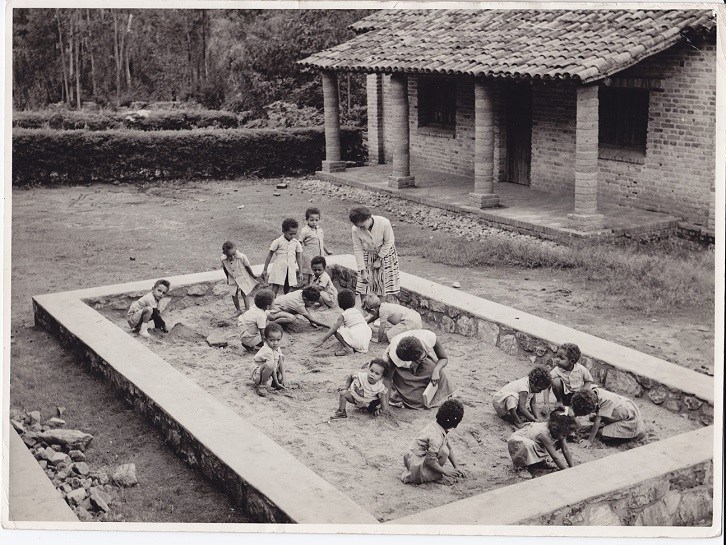Belgium’s Foreign Affairs, Foreign Trade, and National Archives departments have agreed on historical research into the way the authorities treated métis people (those of mixed European and African heritage) during the colonial period, the Foreign Ministry said in a statement on Friday.
This is the second phase of an in-depth research project on the segregation of métis people that arose from Belgian colonisation. The project is being implemented in two phases, the first of which began on 1 September 2019 and runs for four years.
The first phase is aimed at identifying sources that can be used to document the individual and collective experiences of métis people. It aims to give access to archived files concerning in order to reconstitute personal histories and family history.
The second phase, which will also last four years, involves detailed historical research into the role of the way authorities treated métis people during the colonial era in the Belgian Congo and Rwanda-Urundi (today the Democratic Republic of Congo, Rwanda and Burundi).
Related News
- Belgian State acquitted in trial of abducted mixed-race children in Congo
- Metis women sue Belgian state for kidnapping
- Africa Museum will return stolen artworks to Congo
The research will be funded by the Department of Foreign Affairs (€440,000), Development Cooperation (€300,000), and Federal Scientific Policy (€780,000). The results will be published in a report to be presented to the Chamber of Representatives, in accordance with the ‘Métis Resolution’.
The 'Resolution concerning the segregation suffered by the Métis resulting from Belgian colonisation in Africa' was unanimously adopted by the Chamber of Representatives in March 2018.
In recent years, the Belgian Government has issued apologies for various issues linked to Belgium’s colonial past.
In April 2019, then Prime Minister Charles Michel formally apologised for the suffering and injustice felt by people of mixed heritage born during the colonial period in Central Africa.

